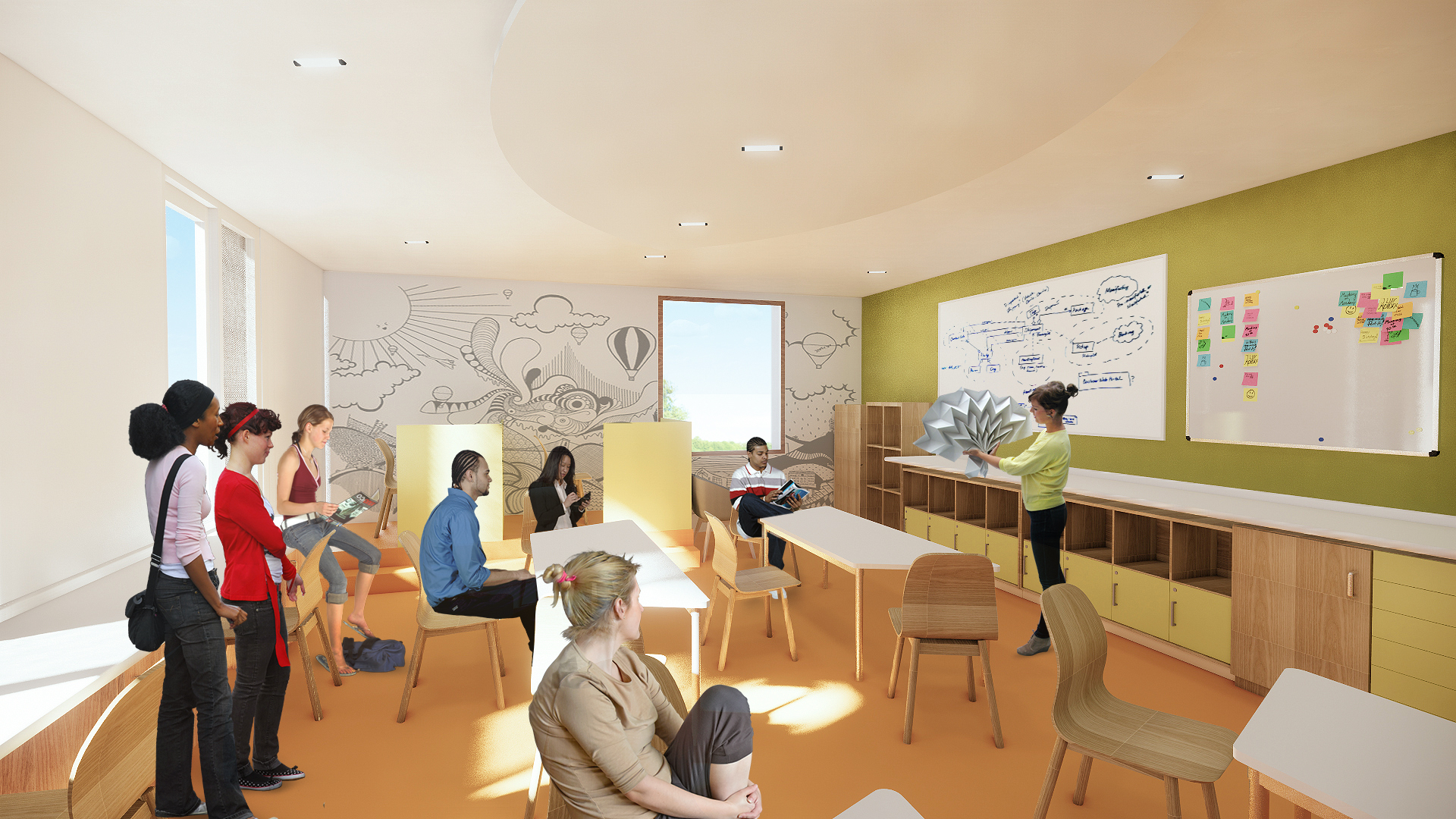
Conscious memories of childhood maltreatment contribute to psychopathology

The research, published in JAMA Psychiatry, analysed studies of both ‘retrospective’ and ‘prospective’ measures of childhood maltreatment, and their association with psychopathology – a collection of symptoms ranging from internalising problems like depression and anxiety to externalising problems such as antisocial behaviour and substance abuse.
Retrospective measures refer to first-person, subjective recollections of childhood events, while prospective measures typically refer to third-person accounts of childhood events, such as from parental testimony or official records.
In a meta-analytic review of 24 studies covering 15,485 individuals, psychopathology was more strongly associated with retrospective measures of childhood maltreatment than prospective measures, suggesting that it is the personal memories of abuse or neglect at a young age and the meanings we attached to them that may contribute to psychopathology later in life.
Child maltreatment encompassed a range of traumatic experiences between birth and the age of 18, including physical, sexual and emotional abuse; or physical or emotional neglect.
Researchers found that the associations between retrospective measures of child maltreatment and psychopathology were particularly strong when the assessment of psychopathology was based on self-reports and focused on emotional disorders such as depression or anxiety.
Furthermore, retrospective reports of emotional abuse showed stronger associations with psychopathology compared to retrospective reports of other types of maltreatment.
Researchers suggest that the findings could have important implications for the treatment of mental health issues that stem from childhood maltreatment. In particular, it highlights the potential role of autobiographical memories of childhood maltreatment, which has not been explored in dominant theories on the outcomes of maltreatment.
The study’s authors note that the associations between retrospective measures of child maltreatment and psychopathology might be inflated, particularly for emotional disorders, due to recall bias. For example, evidence suggests that increases in depressive symptoms over time may lead to small increases in retrospective reports of maltreatment. However, other recent research from the team suggests that recall bias is unlikely to explain the findings, suggesting that individuals’ memories of maltreatment may contribute to the development of psychopathology.
This research was possible thanks to funding from the Wellcome Trust, Mental Health Research UK, Medical Research Council, National Institute for Health Research Biomedical Research Centre at South London, Maudsley NHS Foundation Trust, and the Medical Research Council.
Prospective and Retrospective Measures of Child Maltreatment and their Association With Psychopathology (Jessie R. Baldwin, PhD; Oonagh Coleman, MSc; Emma R. Francis, PhD; Andrea Danese, MD, PhD) (DOI: 10.1001/jamapsychiatry.2024.0818) was published in JAMA Psychiatry.
For more information, please contact George Fenwick (Senior Communications and Engagement Officer)
Categories
Follow Us
For the latest updates and news, follow us on our social channels.





Recent Comments